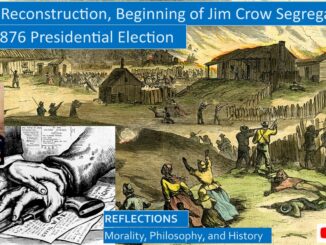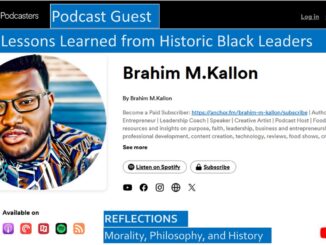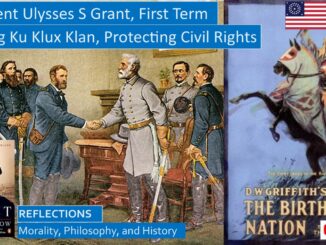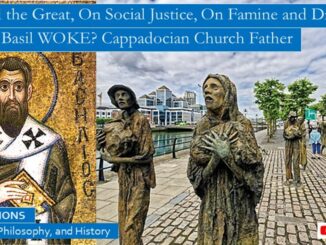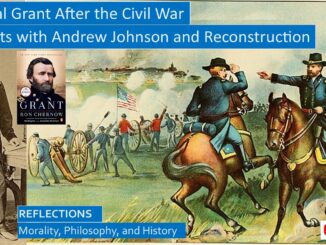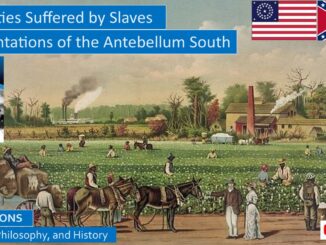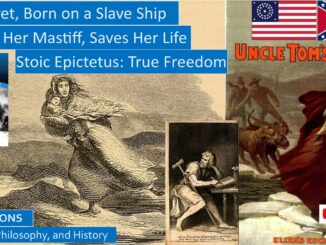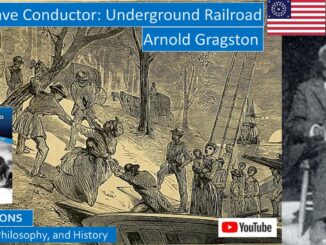
Eugenics and Scientific Racism in the Jim Crow Deep South and Nazi Germany
Was there a similar Final Solution in America? True, there were no gas chambers in the Deep South, nor was there a similar system of systematic mass murder, but there were riots such as the Tulsa Riots where the homes, businesses, and churches of thousands of blacks were torched and looted, and many blacks were injured and murdered. In these riots, mostly occurring in many cities during the interwar years, on rare occasions when there were police arrests, they arrested the black victims who fought back. The major difference is that the Nazis murdered far more people much quicker, and their regime lasted only a decade, as opposed to the seventy-year reign of Jim Crow racism in America. […]

